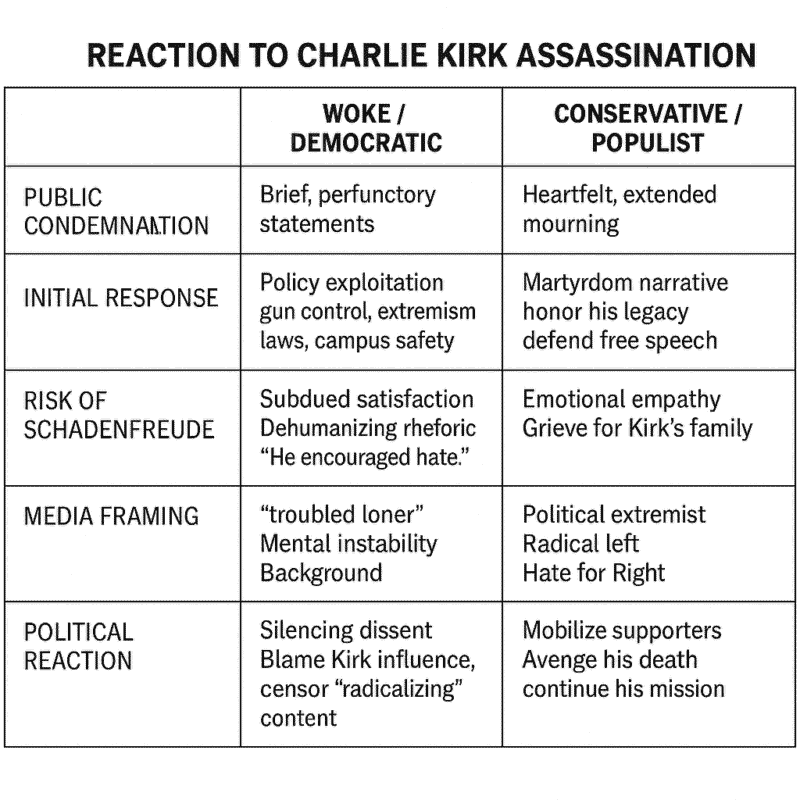RapidKnowHow > Career Leader > 30 Big Ideas
Creating a career leadership framework involves generating innovative ideas that can propel professionals in various fields. Here’s a list of 30 big ideas for career leaders aiming to inspire, mentor, and cultivate talent:
- Mentorship Programs: Establish structured mentorship programs pairing experienced professionals with emerging leaders to foster growth and knowledge transfer.
- Leadership Bootcamps: Organize intensive leadership bootcamps focusing on essential skills such as conflict resolution, decision-making, and emotional intelligence.
- Networking Events: Facilitate regular networking events where professionals can connect, share experiences, and create opportunities for collaboration.
- Continuous Learning Platforms: Promote platforms or subscriptions that provide access to courses, webinars, and resources for ongoing professional development.
- Cross-Functional Projects: Encourage participation in cross-functional teams to provide experience in diverse roles, fostering adaptability and collaboration.
- Personal Branding Workshops: Offer workshops on personal branding, helping professionals articulate their unique value proposition and build a strong online presence.
- Feedback Cultures: Create environments where constructive feedback is encouraged and valued, fostering personal and team growth.
- Diversity and Inclusion Initiatives: Champion diversity and inclusion efforts that recognize and celebrate differences, cultivating a more innovative workforce.
- Innovation Challenges: Host innovation challenges or hackathons to encourage teams to think creatively and propose new solutions to existing problems.
- Job Rotation Opportunities: Implement job rotation programs that allow team members to experience different roles within the organization, fostering a broader understanding of operations.
- Leadership Book Clubs: Start book clubs focusing on leadership literature, encouraging discussion and insights on applicable concepts.
- Work-Life Balance Policies: Advocate for policies that promote work-life balance, such as flexible working hours or remote work options.
- Corporate Social Responsibility (CSR): Encourage involvement in CSR projects where employees can apply their skills for community benefit, enhancing team cohesion and moral responsibility.
- Succession Planning: Establish succession planning initiatives to prepare future leaders within the organization, ensuring continuity and growth.
- Empower Remote Teams: Develop strategies and tools that empower remote teams, enhancing communication and collaboration across borders.
- Skill-Sharing Sessions: Organize internal skill-sharing sessions where team members can teach others specific skills, fostering a culture of learning.
- Alumni Networks: Create alumni networks for past employees to maintain connections, share opportunities, and foster business relationships.
- Coaching Programs: Implement coaching programs where career leaders can receive personalized guidance and develop their capabilities.
- Innovation Labs: Set up dedicated environments for experimentation and innovation within the organization, providing a space for new ideas to flourish.
- Recognition Programs: Develop recognition programs that celebrate achievements and contributions, motivating individuals to excel in their roles.
- Employee Resource Groups (ERGs): Support the formation of ERGs for various demographics, providing a platform for underrepresented voices.
- Health and Wellness Initiatives: Promote health and wellness programs that prioritize mental and physical well-being, fostering a healthy workforce.
- Leadership Podcasts: Create a series of podcasts discussing leadership trends, challenges, and success stories from various professionals.
- Skill Gap Analysis: Conduct regular skill gap analyses and offer targeted development programs to equip employees with future skills.
- Professional Shadowing: Enable employees to shadow leaders in different departments, providing insights into various functions and roles.
- Community Engagement Projects: Launch projects that invite employee participation in community service, reinforcing team bonds while giving back.
- Strategic Partnerships: Form strategic partnerships with educational institutions for internships, research projects, or guest lectures, bridging the gap between academia and industry.
- Virtual Conferences and Webinars: Host virtual conferences on industry trends and leadership topics, allowing for broader participation and knowledge sharing.
- Emotional Intelligence Training: Provide training focused on developing emotional intelligence skills, critical for effective leadership.
- Data-Driven Career Development: Utilize data and analytics to inform career development decisions, tailoring growth paths based on performance and potential.
These ideas aim to create a dynamic, engaging, and supportive career leadership environment, fostering growth and development for all employees.





